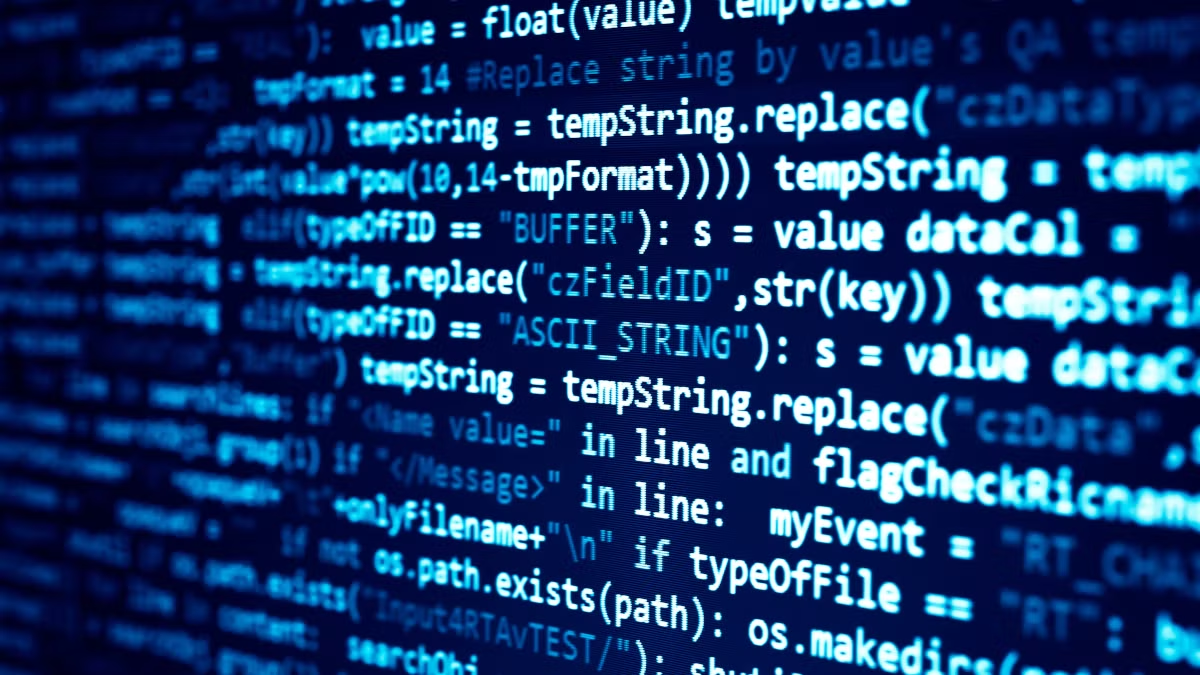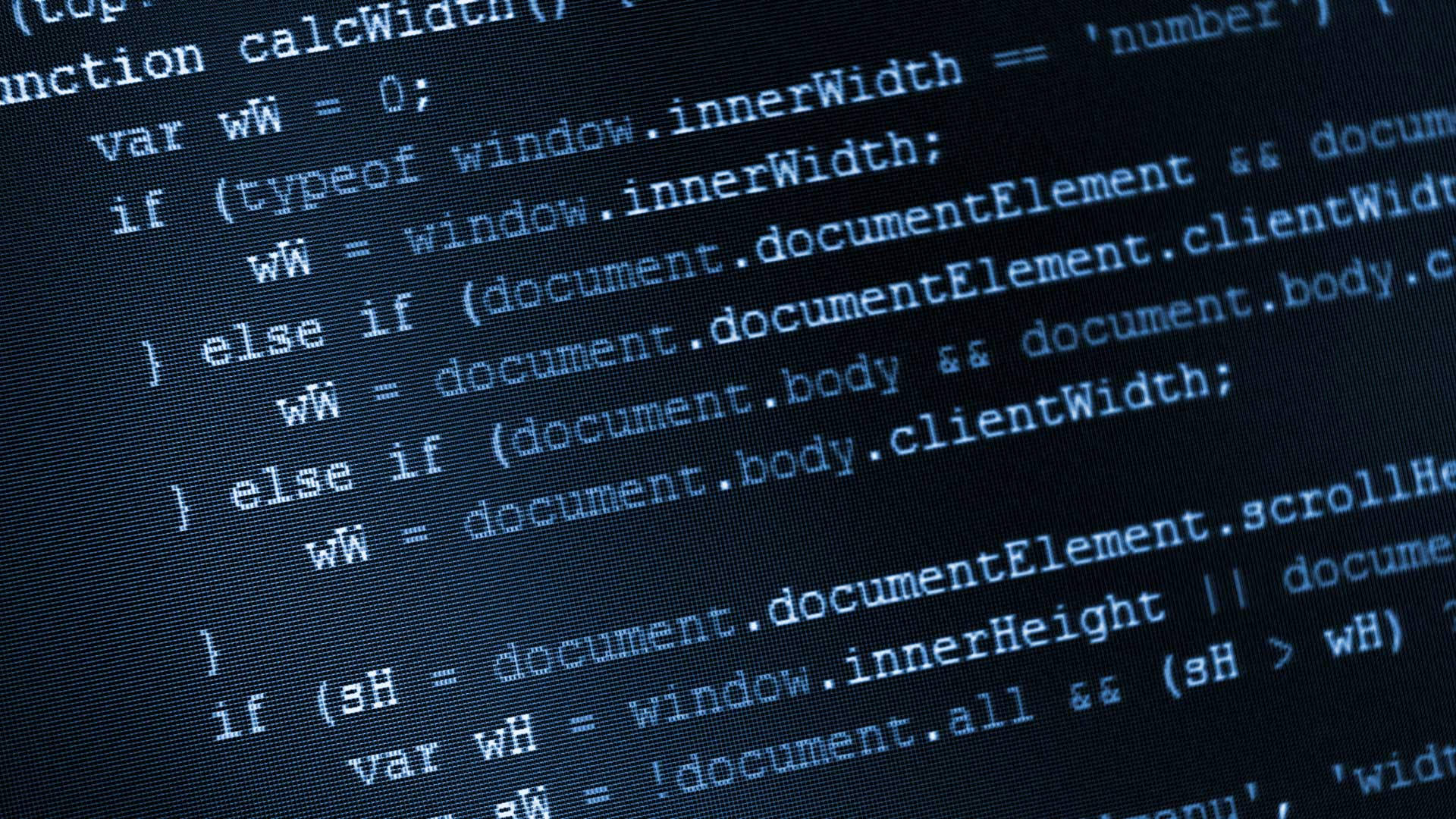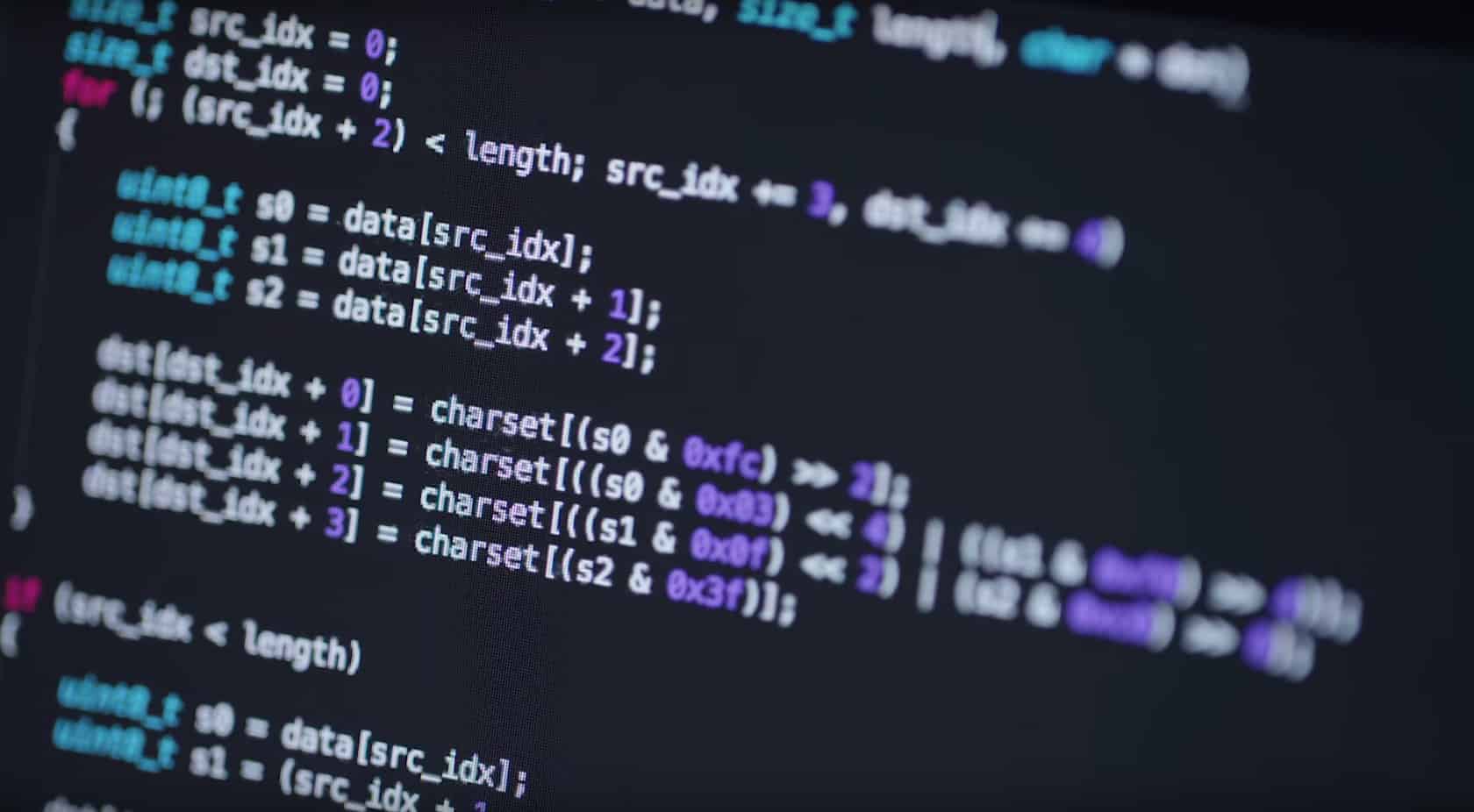Starting Your Journey in the Programming World
You know, when I first started helping my grandson with his programming courses last year, I was quite surprised at how many young people jump into coding without proper preparation. They get so excited about building the next big application or website, but then they hit walls that could have been avoided with a bit of guidance. I've been working with students across Vancouver and Victoria for the past few years now, and I've seen the same mistakes repeated over and over again.
The programming field in Canada is growing very fast. According to what I've read in the Toronto Star and Globe and Mail, there are many job openings for programmers, but also many beginners who give up too early. The problem isn't that coding is too difficult - it's that new programmers often approach it in the wrong way. They don't set realistic expectations, they try to learn everything at once, or they get frustrated when their code doesn't work on the first try.
What I want to share with you today comes from real experiences - both my own observations and the stories I've heard from instructors and students in programming courses across British Columbia and beyond. These aren't just technical tips about syntax or functions. These are the practical, everyday mistakes that can make the difference between someone who succeeds in programming and someone who quits after a few weeks.
If you're just starting your programming journey, or if you've been struggling for a while and wondering why it feels so hard, this article will help you understand what might be going wrong and how to fix it. Let's look at the most common problems I've seen and, more importantly, what you can do about them.
Trying to Learn Too Many Languages at Once
This is probably the biggest mistake I see with new programmers, especially here in Canada where we have access to so many online courses and bootcamps. A student will start with Python on Monday, then hear that JavaScript is more popular, so they switch to that on Wednesday. By Friday, someone tells them that Java is better for getting jobs, so they start looking at Java tutorials. Before they know it, a month has passed and they haven't really learned any of these languages properly.
I remember talking to a young woman from Surrey who was taking three different programming courses at the same time - one for Python, one for JavaScript, and one for C++. She was so confused because each language has different rules, different ways of doing things, and different purposes. She couldn't remember which syntax belonged to which language. When I asked her why she was doing this, she said she wanted to be ready for any job opportunity. But the truth is, she wasn't really ready for any of them because she didn't know any language well enough.
The better approach is to pick one language and stick with it until you understand the fundamental concepts. It doesn't really matter which language you choose to start with - Python is good for beginners because the syntax is cleaner, JavaScript is useful because it runs in web browsers, Java is strong for understanding object-oriented programming. What matters is that you learn one language deeply enough to understand how programming actually works.
Once you really understand one programming language - and I mean really understand it, not just copy code from tutorials - learning a second or third language becomes much easier. The concepts transfer over. Variables work similarly in most languages. Loops and conditions follow the same logic. Functions and methods are just different names for similar ideas. But you need that solid foundation first. Give yourself at least three to six months with one language before you think about adding another one.
Not Reading Error Messages Properly
This one makes me chuckle a bit because it reminds me of how people used to ignore the instruction manuals that came with appliances. New programmers see an error message pop up on their screen and they immediately panic or get frustrated. They close it without reading it, or they read the first line and assume they don't understand it, so they just start randomly changing their code hoping something will work.
Error messages are actually trying to help you. I know they look scary with all those technical words and line numbers, but they're like a doctor's diagnosis - they tell you exactly what's wrong and usually where the problem is. When I work with students, I always make them read the error message out loud to me. Often, just by reading it slowly, they figure out what the problem is.
For example, if you see an error that says "NameError: name 'user_name' is not defined" in Python, the message is telling you very clearly that you're trying to use a variable called user_name, but you haven't created it yet. Maybe you spelled it differently earlier, or maybe you forgot to create it at all. The error message even tells you which line number the problem is on.
My advice is to create a simple habit: when you get an error, take a deep breath, read the entire error message carefully, look at the line number it mentions, and try to understand what it's telling you before you change anything. If you don't understand the error message, copy it and search for it online - you'll usually find that many other people have had the same problem and there are explanations available. This approach will save you hours of frustration and help you learn much faster.
Skipping the Basics and Jumping to Advanced Topics
I see this happen a lot with students who are excited about building something impressive right away. They want to create a mobile app or a complex website, so they skip over the boring foundational lessons about variables, data types, and basic syntax. They jump straight into tutorials about frameworks and libraries without understanding the underlying language.
It's like trying to write a novel before you've learned basic grammar and sentence structure. Sure, you might be able to copy some examples and get something working, but you won't really understand what you're doing. When something breaks or you want to add a new feature, you'll be completely lost because you don't have the fundamental knowledge to work through the problem.
I met a student from Winnipeg who was trying to learn React (a JavaScript framework) after only two weeks of learning JavaScript. He was following a tutorial and typing in the code, but he didn't understand what the code was actually doing. He couldn't explain what a function was, or how arrays worked, or what the difference was between let and const. When I asked him to solve a simple problem without following a tutorial, he couldn't do it.
The basics might seem boring, but they're called basics for a reason - everything else builds on top of them. You need to understand variables, data types, operators, conditionals, loops, functions, and basic data structures before you move on to frameworks and advanced concepts. Spend time with simple exercises. Write small programs that don't do anything impressive but help you understand how the language works. Practice the fundamentals until they become second nature. This foundation will make everything else so much easier to learn.
Not Practicing Enough or Practicing the Wrong Way
Some new programmers think that watching video tutorials or reading programming books is enough to learn coding. They watch hours and hours of content, they take notes, they understand the concepts when they're explained, but then when they sit down to write code themselves, they can't do it. Programming is not like learning history or geography where you can learn mainly by reading and memorizing. It's more like learning to play a musical instrument - you have to actually do it to get better.
On the other hand, some students practice a lot but they practice in the wrong way. They follow tutorials step by step, typing exactly what the instructor types, and they can get the code working. But they're not really thinking about what they're doing or why they're doing it. They're just copying. Then when they try to build something on their own, they're stuck because they never learned to think through problems independently.
The right way to practice is to start with small, simple projects that you create yourself. Don't follow a tutorial for everything. After you learn about variables and conditionals, try to write a simple program that asks the user questions and gives different responses based on their answers. After you learn about loops, write a program that counts something or repeats a task. These don't have to be fancy or impressive - they just need to help you think like a programmer.
Another good practice method is to take a tutorial you've completed and then modify it. Change the functionality, add new features, break it and fix it. This forces you to understand the code rather than just copying it. Also, try to code a little bit every day, even if it's just for twenty or thirty minutes. Regular practice is much more effective than studying for six hours once a week. Your brain needs time to process and consolidate what you're learning.
Being Afraid to Ask for Help or Look Things Up
I've noticed that many new programmers, especially here in Canada where we tend to be polite and don't want to bother others, are afraid to ask questions. They struggle with a problem for hours or even days when they could have gotten help in minutes. They think they should be able to figure everything out on their own, or they're embarrassed that they don't know something that seems basic.
Let me tell you something important: every programmer, even the ones who have been coding for twenty or thirty years, looks things up constantly. Programming is not about memorizing everything - it's about knowing how to find information and solve problems. Even experienced developers search Google or Stack Overflow multiple times every day. There's no shame in not knowing something or needing help.
When you're stuck on a problem for more than thirty minutes, it's time to look for help. Search online for your specific error message or problem. Check Stack Overflow, which is a wonderful resource where programmers help each other. Look at the official documentation for the language or framework you're using. Join online communities or local meetup groups where you can ask questions. Many Canadian cities have programming meetups where beginners are welcome.
When you do ask for help, try to ask good questions. Don't just say "my code doesn't work." Explain what you're trying to do, show your code, describe what you expected to happen, and explain what actually happened. Include the error message if there is one. Good questions get good answers much faster. And remember, helping others is also a great way to learn - when you can explain something to someone else, it means you really understand it yourself.
Not Understanding the Difference Between Learning and Googling
This is related to the previous point but it's a bit different. Some new programmers rely too much on searching for solutions without trying to understand them. They find some code online that seems to solve their problem, they copy it into their project, it works, and they move on. They never actually learn what that code does or why it works.
This creates a fragile kind of knowledge. Your program might work for now, but when you need to modify it or when something breaks, you won't know how to fix it because you don't understand what the code is doing. You'll be dependent on finding another solution to copy, and eventually, you'll hit a problem that you can't find a ready-made solution for.
When you find code online that solves your problem, don't just copy and paste it. Take time to read through it line by line. Try to understand what each part does. Look up any functions or methods you don't recognize. Modify it and see what happens. Add comments explaining what each section does in your own words. This takes more time initially, but it helps you actually learn and build your knowledge.
Think of it this way: if you're learning to cook and you follow a recipe, you're not really learning to cook unless you understand why you're adding each ingredient and what each step does. Programming is similar. You need to understand the ingredients and the process, not just follow the recipe. Over time, this understanding allows you to create your own solutions instead of always looking for someone else's.
Setting Unrealistic Goals and Timelines
Many beginners come into programming with unrealistic expectations about how quickly they'll learn and what they'll be able to build. They see advertisements for bootcamps that promise to make you a professional developer in twelve weeks, or they hear stories about teenagers who built successful apps, and they think it will be easy and fast for them too.
The reality is that becoming a competent programmer takes time - usually several months to a year of consistent practice before you're comfortable with the basics, and several years before you're truly proficient. This doesn't mean you can't build useful things along the way, but you need to have realistic expectations about your progress and not get discouraged when things take longer than you hoped.
I've seen students set goals like "I'm going to build a social media app in one month" when they've only been learning programming for two weeks. Then when they can't do it, they feel like failures and they give up. The problem wasn't their ability - it was their unrealistic goal. It's much better to set small, achievable goals that build on each other. Start with "I'm going to understand how variables work this week" or "I'm going to build a simple calculator program this month."
Also, understand that learning programming is not a straight line. Some days you'll feel like you're making great progress, and other days you'll feel completely lost. Some concepts will click immediately, and others will take weeks to understand. This is completely normal. Everyone experiences this. The key is to keep going and not judge your progress by comparing yourself to others or to unrealistic standards. Focus on being a little bit better than you were yesterday.
Not Taking Care of Your Mental and Physical Health
This might seem like it doesn't belong in an article about programming mistakes, but I've seen so many students burn out because they don't take care of themselves. They sit at their computer for eight or ten hours straight, they skip meals, they don't sleep enough, and they get so frustrated when things don't work that they make themselves miserable.
Programming can be mentally exhausting because you're constantly solving problems and learning new things. Your brain needs breaks to process information and rest. If you code for hours without breaks, you'll actually learn less and make more mistakes. I always tell students to use the Pomodoro Technique - work for twenty-five minutes, then take a five-minute break. After four sessions, take a longer break of fifteen or twenty minutes.
During your breaks, get up and move around. Look at something other than a screen. Have a snack or a drink of water. Go outside for a few minutes if you can. These breaks aren't wasting time - they're actually making your study time more effective because you'll come back refreshed and able to focus better. Also, make sure you're getting enough sleep. Trying to learn complex material when you're tired is very difficult and frustrating.
Managing frustration is also important. Programming involves a lot of trial and error, and things will break regularly. This is normal and it happens to everyone. When you get frustrated, it's okay to step away from the computer. Take a walk, do something else for a while, and come back to the problem later with fresh eyes. Often, the solution will be obvious after a break when it seemed impossible before. Remember, learning programming is a marathon, not a sprint. You need to pace yourself.
Moving Forward With Confidence
After working with many students and watching them progress from confused beginners to confident programmers, I can tell you that avoiding these common mistakes will make your learning journey much smoother and more enjoyable. The key things to remember are: focus on one language at a time, read and understand error messages, master the basics before moving to advanced topics, practice actively rather than passively, don't be afraid to ask for help, take time to understand the code you use, set realistic goals, and take care of your physical and mental health.
Programming is a valuable skill that opens many doors, especially here in Canada where the technology sector is growing rapidly. Whether you want to change careers, start a business, or just understand technology better, learning to code is worth the effort. But it requires patience, persistence, and the right approach. Don't expect to learn everything overnight, and don't compare your progress to others who might be at different stages or have different backgrounds.
The most successful programmers I've seen are not necessarily the smartest or the fastest learners. They're the ones who keep going when things get difficult, who learn from their mistakes, who ask questions when they're stuck, and who maintain a steady practice routine. If you can avoid the common mistakes I've described in this article and approach your learning with realistic expectations and good habits, you'll be well on your way to becoming a capable programmer. Remember, every expert programmer was once a beginner who refused to give up.




